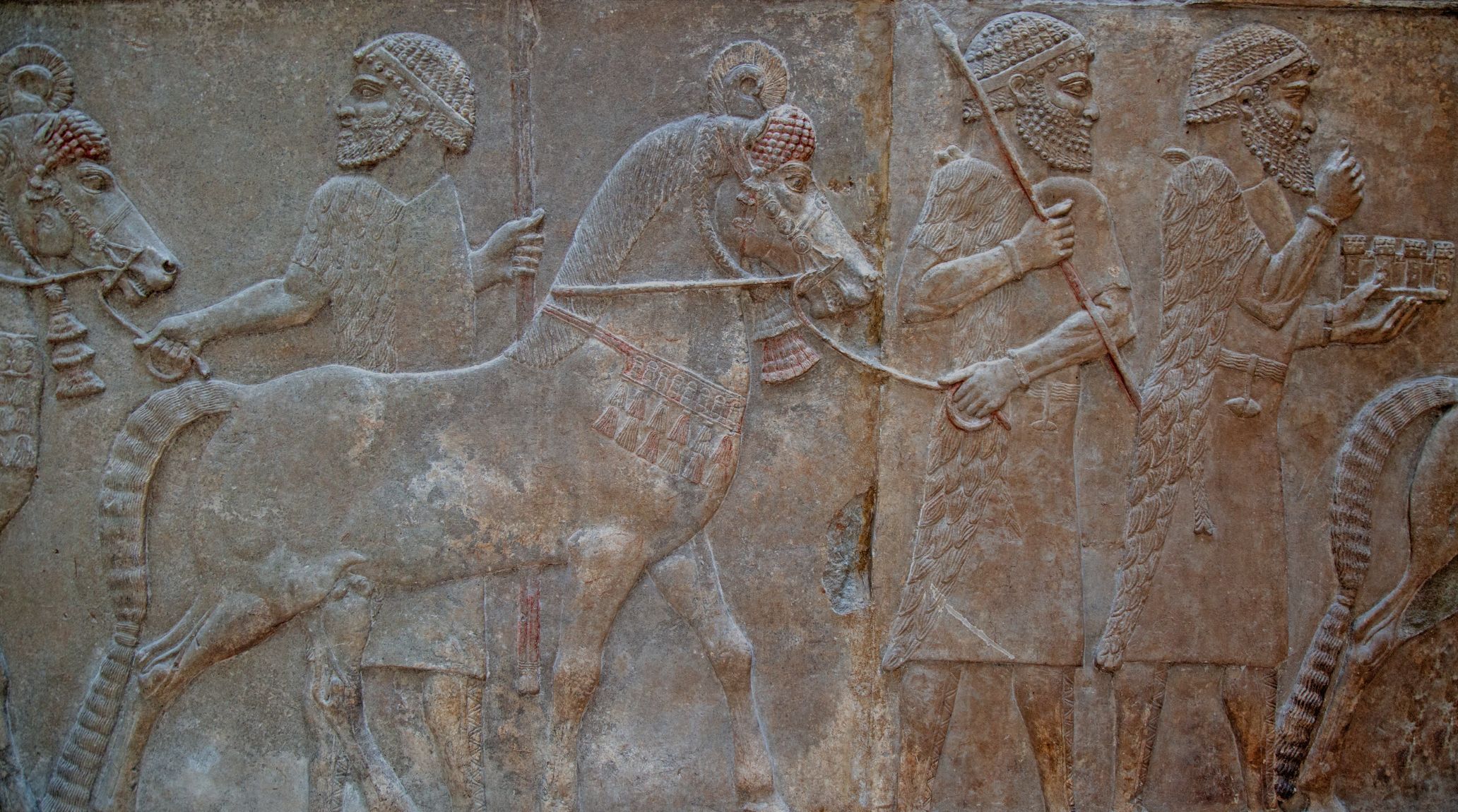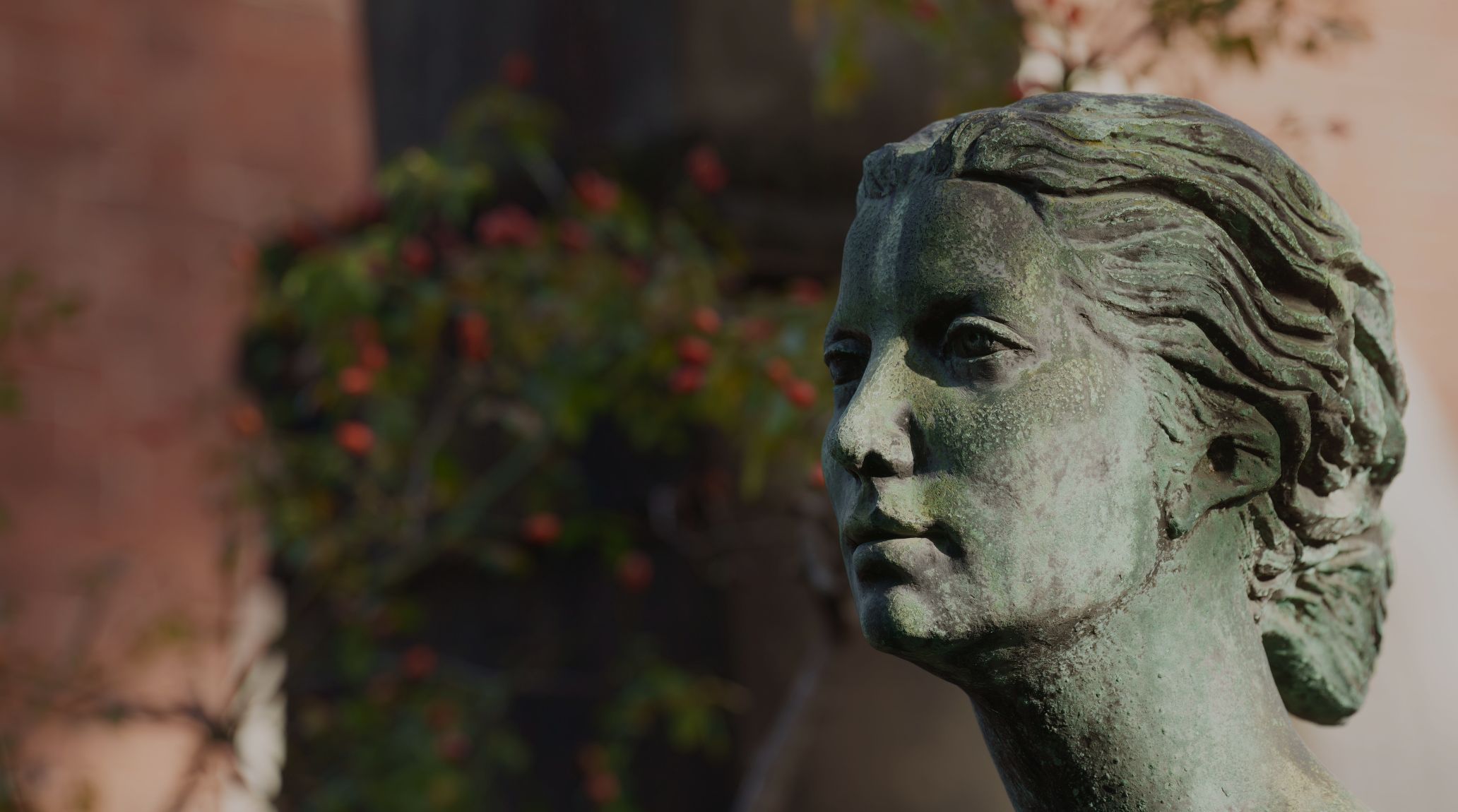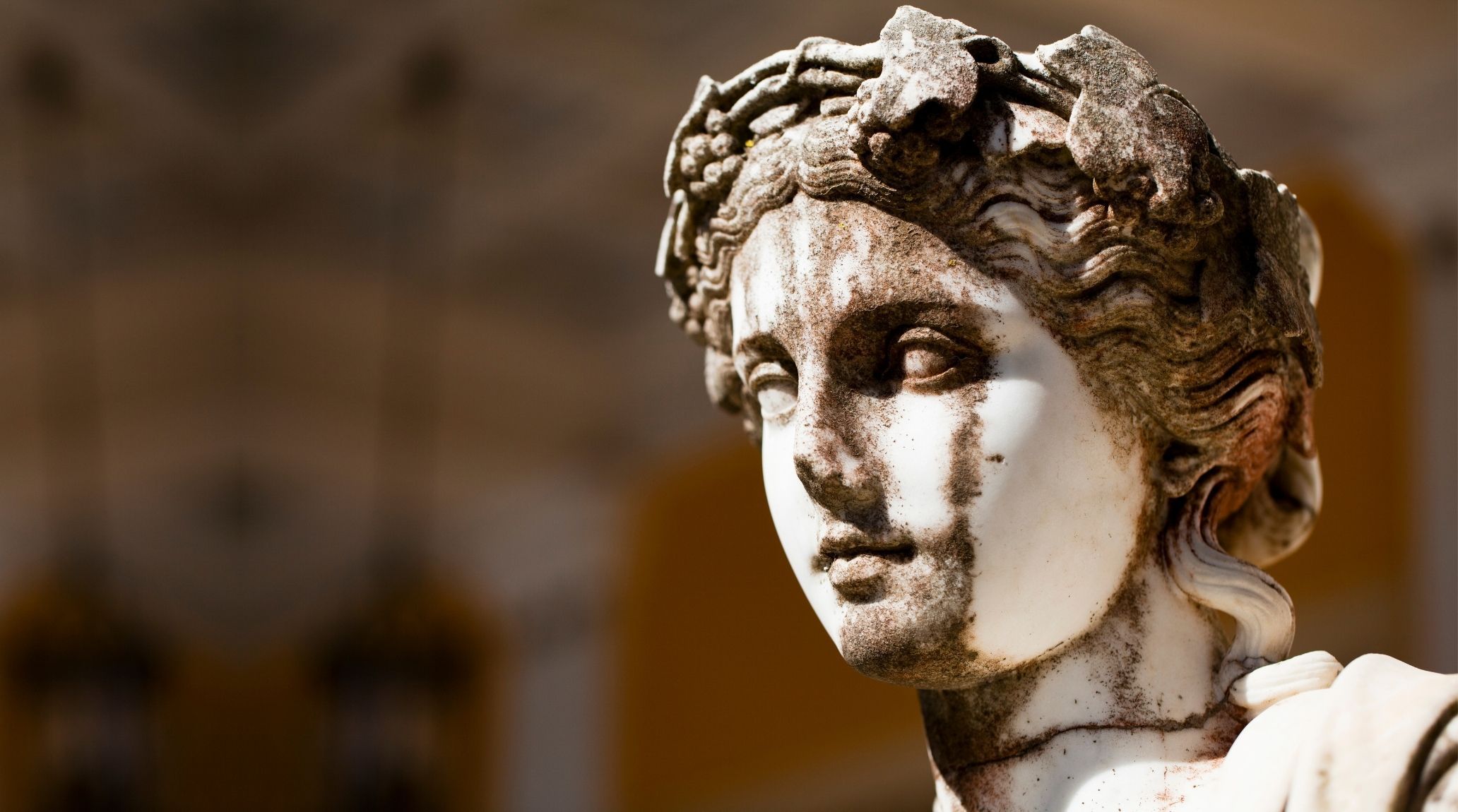
“
Explore the intricate Role Of Women in Ancient Greece with these 20 fascinating facts. From their domestic duties to their influence in religion and politics, women in ancient Greece had a complex and varied presence. This blog delves into their roles, rights, and the limitations they faced, offering insights into their multifaceted existence in classical antiquity.1
1
”
In Ancient Greece, women's roles were primarily domestic, focusing on managing the household and raising children. Public and political life was largely dominated by men, leaving women with limited direct involvement in civic matters. 1
Spartan women enjoyed more freedom compared to their Athenian counterparts. They could own land, manage property, and were encouraged to exercise to ensure strong, healthy offspring for the state’s military needs. 2
Athenian women had few legal rights and were largely confined to their homes. Their main role was to manage the household, and they were expected to stay out of the public eye, including not participating in politics. 3
Women in Ancient Greece were often married by their early teens, primarily for strategic alliances. Their primary role was to bear children and manage the household, with marriage often arranged by their fathers. 4
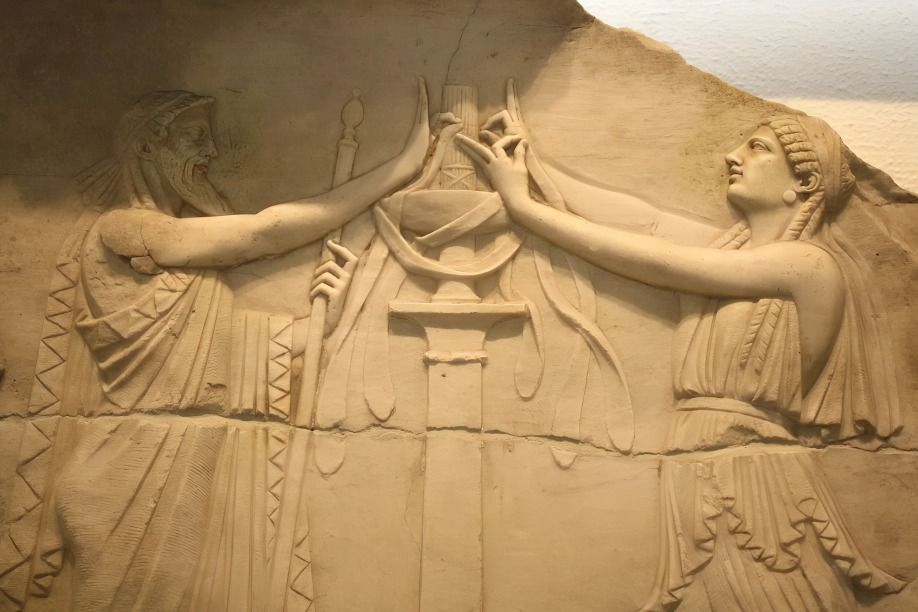
The priestesses in Ancient Greece held significant religious roles and were respected members of society. They performed rituals and maintained temples, though their influence was primarily limited to religious rather than political spheres.
In the city-state of Argos, women had slightly more freedom than in Athens. They could inherit property and had some legal rights, although societal expectations still confined them largely to domestic roles. 5
Wealthy Athenian women had more opportunities for leisure and cultural activities. They participated in religious festivals and sometimes engaged in artistic pursuits, though they were still expected to remain out of public politics. 6
In Ancient Greece, hetaerae (courtesans) enjoyed greater social freedom and education compared to ordinary women, participating in intellectual and artistic circles, whereas most women were confined to domestic duties.7
Athenian women had limited access to education. While some could learn to read and write, formal education was predominantly reserved for men, limiting women’s roles in intellectual and professional arenas. 8
The role of women in Greek drama was primarily performed by men, as women were not allowed on stage. Female characters were portrayed by male actors in costumes and masks, reflecting societal norms about women's public presence. 9
In ancient Greece, men had the freedom to commit adultery, while women were strictly expected to remain loyal and faithful to their husbands, with infidelity being seen as a serious breach of their duties in marriage. 10
Women in Ancient Greece had very restricted property rights. In Athens, they could not own property in their names, and any inheritance was usually passed through male relatives, though some exceptions existed in other city-states. 11
The role of women in Greek myth was diverse, often reflecting the complexities of their societal roles. Figures like Athena and Artemis represented both the ideal of wisdom and independence, contrasting with typical domestic roles. 12
In Ancient Greece, a woman’s social status was closely tied to her husband or father. Women's identities were often defined by their relationships rather than individual accomplishments or personal attributes. 13
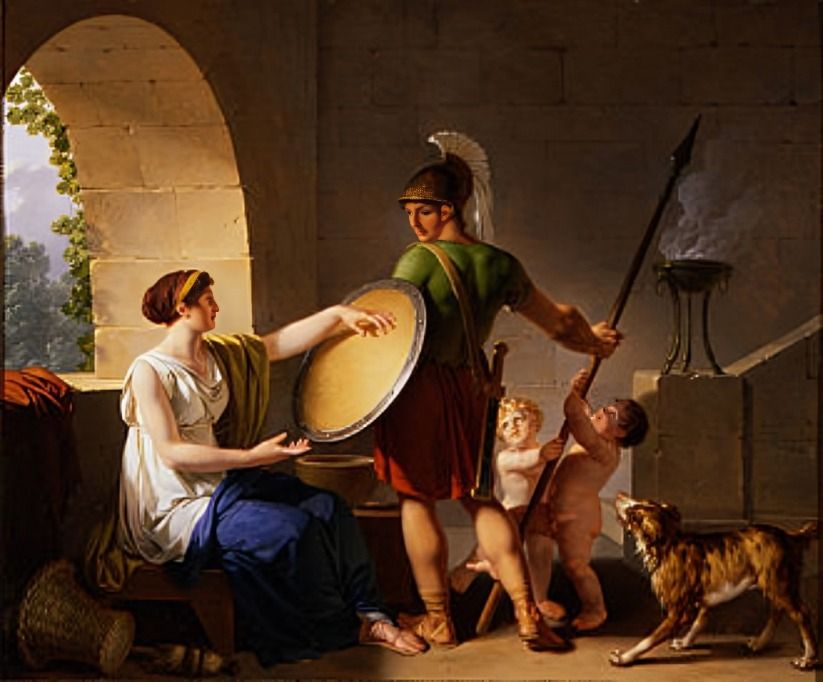
Spartan women were known for their outspoken nature and greater public visibility. They could engage in public debates and were expected to contribute to the state’s military strength by raising strong children.
Despite their restricted roles, some women in Ancient Greece participated in public festivals and ceremonies. These events provided a rare opportunity for women to step out of the domestic sphere and engage in communal activities. 14
Although most women in Ancient Greece were excluded from political life, their influence could be felt indirectly. Elite women could influence their husbands and participate in societal decisions through their roles in domestic life. 15
The concept of ideal womanhood in Ancient Greece was often associated with modesty, fertility, and obedience. Women were expected to embody these virtues to fulfill their roles as wives and mothers in a patriarchal society. 16
In ancient Greece, girls were encouraged to excel in music, especially the lyre. They showcased their talents in competitions and religious festivals, with their skills celebrated as integral to cultural and religious traditions. 17
In ancient Greece, the education of girls focused mainly on preparing them for future roles as wives and homemakers, rather than fostering intellectual development or preparing them for professional careers, which were typically reserved for men. 18
